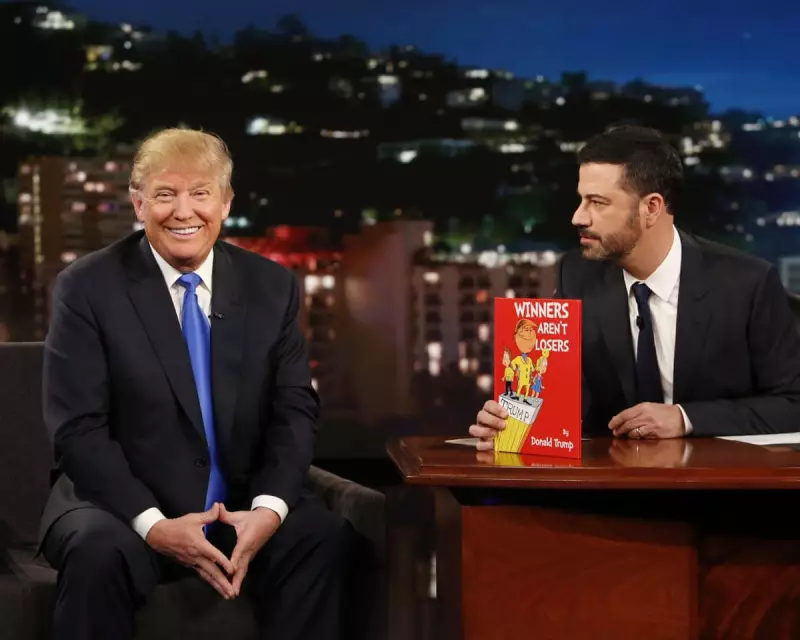
A seismic legal filing has rocked the British media landscape, alleging that some of the UK's most powerful press barons are deliberately tempering their criticism of Donald Trump to protect their vast commercial empires from his wrath.
The submission to the King's Bench Division by the campaign group Defend Democracy claims a 'tacit agreement' exists among owners, including the Murdoch family and Telegraph proprietors the Barclays, to avoid antagonising the former President. The motive, it asserts, is a nakedly pragmatic fear that a re-elected Trump administration could derail or block their multi-billion pound business deals and regulatory approvals in the United States.
The Chilling Effect of Commercial Interest
The court documents paint a picture of a UK press corps walking on eggshells. The alleged self-censorship is not born of editorial agreement with Trump's policies, but from a cold calculation of corporate risk. The potential targets of a retaliatory Trump White House are said to include:
- The Murdoch Empire: Fearful of regulatory hurdles for its US-based assets, including Fox News and the Wall Street Journal parent, News Corp.
- The Barclay Family: Anxious to protect their Telegraph Media Group and the ongoing sale process from any US-linked complications.
- Other Tycoons: The filing suggests a broader pattern among owners with significant stateside financial exposure.
A Democratic Threat?
Defend Democracy argues this subordination of editorial integrity to commercial interest represents a profound threat to democratic discourse. The group contends the British public is being denied robust, impartial reporting on a figure who could once again lead the UK's most critical ally, all to serve the business priorities of a handful of billionaires.
'A free press is the cornerstone of democracy,' a spokesperson for the group stated. 'When that press is muzzled by its owners' financial ambitions, it fails in its fundamental duty to inform the public without fear or favour.'
Industry Reaction and Next Steps
The allegations have sent shockwaves through Westminster and Fleet Street. While the media groups involved have yet to issue formal responses, insiders predict fierce denials. Legal experts are divided on whether the court will agree to hear the case, which seeks a declaration that this alleged practice violates democratic principles.
This case strikes at the heart of the tension between media ownership and editorial freedom, raising uncomfortable questions about the power of foreign capital to shape British news agendas for its own ends.





